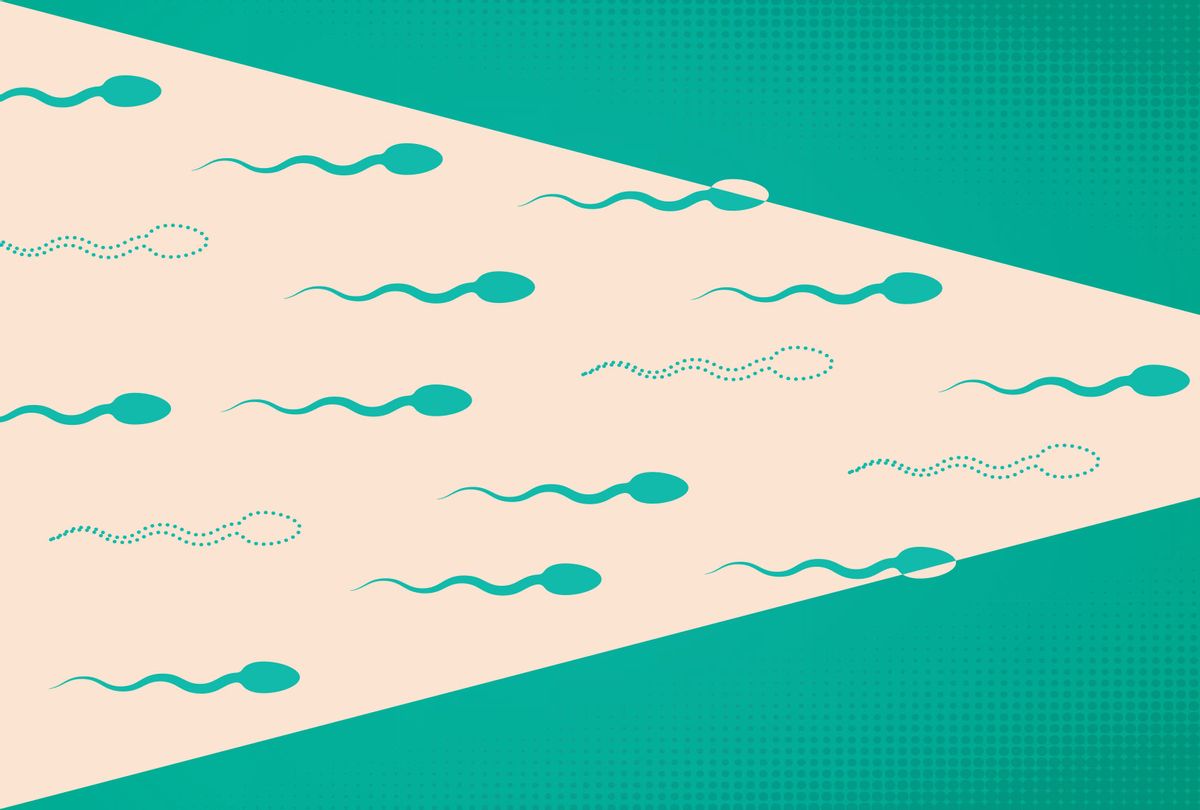By Suzanne Burdick, Ph.D.
What’s causing the decline? “That’s the question on everybody’s minds,” Swan said.
The cause can’t be genetic because “genetic changes take many generations and we’re looking at a little over two generations now,” Swan said.
Environmental factors — especially exposure to phthalates, bisphenols and other toxic chemicals — likely play a big role, Swan said.
For example, phthalates, used to soften plastics, are endocrine-disrupting chemicals that have been found to lower testosterone levels in males and negatively affect the anogenital distance — a measure of genital development — in boys as they develop in utero.
Swan also noted that “in our studies, we asked women about their sexual satisfaction and those who had higher levels of phthalates in their body had less sexual satisfaction.”
Moreover, there’s a “whole literature” on how testosterone is “an essential for libido” so what is happening worldwide, Swan said, has “consequences not only for population size but also for population satisfaction.”
Swan said she does not believe there is a “deliberate” effort by global actors to reduce human fertility.
“I think it’s economic,” she said:
“People want these products [that contain endocrine-disrupting chemicals] because they’re seen as modern and part of everyday life and necessary for our survival, and it’s kind of an addiction.”
Most of these chemicals are the natural byproduct of fuels like coal, she said, so there’s an economic incentive for the fossil fuel industry to monetize those byproducts by turning them into products consumers will buy.
“We’re going to have to find safer alternatives with which to make these products,” she said.
We also need more regulation to push companies to make the change to safer alternatives. As it is now, companies have no financial incentive to change.
Swan also recommended more research be conducted on human reproductive health.
“You look at research agendas all the way up to the NIH [National Institutes of Health] and reproduction is not there,” Swan said. “There’s cancer, there’s birth defects, there’s diabetes and there’s neurology but reproduction is a ‘poor stepchild.’”
“The more we can recognize this as a societal problem and put more resources there, the better off we’ll be,” Swan said.
-
Tags
#Toxic Chemicals

